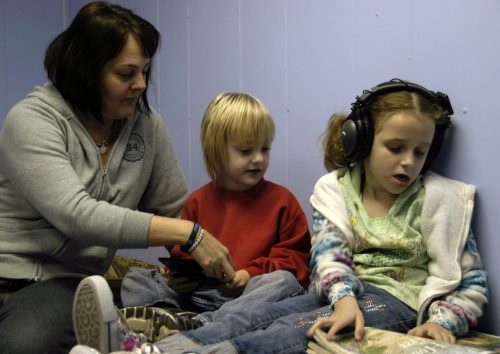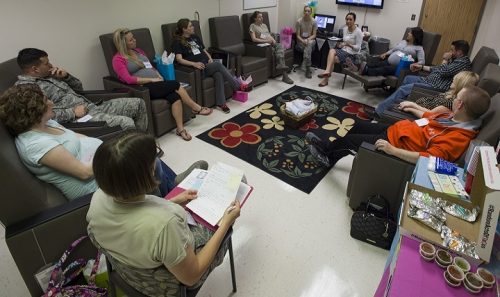
Parenting is both a privilege and a responsibility. Anyone can attest that it is one of the excitements that life could offer. It is a joy beyond compare for parents to see their children grow up with a healthy life. There is nothing that parents would not do for their children.
But what happens when parents feel something is wrong with their child, wondering why he has bizarre behaviors compared with other children? When all of a sudden, their child is diagnosed as having Autism Spectrum Disorder, how are they going to face this challenge?
The Emotional Roller Coaster Ride.
Denial, disappointment, sadness, pain, fear, shame, stress, depression, anger and whatever negative emotions we may think of, are the feelings that parents usually go through upon knowing their child’s condition. As human people, these reactions are all normal. Just like any emotional pain people go through, parents of ASD children will experience these emotions at first before they wholeheartedly accept their child’s condition. Having a child with a chronic disorder like ASD, there is no other way of dealing with it but to acknowledge and accept the fact that their child is with ASD. Parents are the first support system for a child, and a terrible call for parents to take in, but then again there should be no backing out. If there is a person who should remain calm and secure for a child with ASD, they are the parents. No matter how hard the struggle parents are required to be a stronghold of determination, courage, and hope that everything will get by.
“Growing up in an environment where you potentially had little control over your caregiver’s emotions — and potentially lots of emotional turmoil — can lead to you needing control and structure in adulthood. This coping mechanism is a way to “bring order to the chaos.” –Forrest Talley, a California-based clinical psychologist

We’re All In This Together.
According to Teresa Bolick, Ph.D. “Whether new to the world of ASD, facing a life transition for a son or daughter or struggling to determine a course of treatment, parents often express overwhelming confusion.” The complexity of ASD is a challenging journey for both the parents and the child. We always take focus on the child as the most affected person, notwithstanding the role the parents play in this battle. Parents also require support and care to come from other members of the family and social circle. As life continues for this family, parents will experience a saturation point or exhaustion period, and this can lead to adverse outcomes. The sources of fear and depression can arise from a foreseeable crisis of rejection and discrimination that society may have for their child of their family. At times, there will be a point that each parent may ask or blame each other for why this happened to their child.
Education is the first step to understand the situation entirely. The more you are aware of what is happening to your child, the more you are equipped with the necessary steps on how to counteract it and face the obstacles undoubtedly. Get information from your pediatrician, child psychiatrist, or counselor. These are reliable health professionals that can provide substantial information concerning the condition of your child.
Another mode of getting support is by joining a group of parents who are also going through the same experience. You have one common denominator in this situation – a child who needs constant support from parents. If a parent is new to this challenge, there are also those who have come a long way and dealt with every pressure and problem. For sure, their vast experience can give you some insights on how to handle yours.

A novel way to get support or answers is through joining online chat rooms or answering forum questions. Here the parents share and answer some questions coming from other parents who have some queries about their child and ASD in general. This can also be an excellent opportunity for parents to meet and form social relationships with other parents. “Traditionally, intervention for children with Autism Spectrum Disorder (ASD) has focused upon reducing interfering behavior and teaching language, academic and self-help skills.” Marlene Driscoll, MA, LMFT said.
Lastly, don’t forget to make time for yourself. Take a breather for a while. If possible, have someone look over your child and spend some quality with each other. We know this can be a handful, but putting yourself first will not endanger your child. This can be done once a month – just to buy some time to recharge and be well again.
